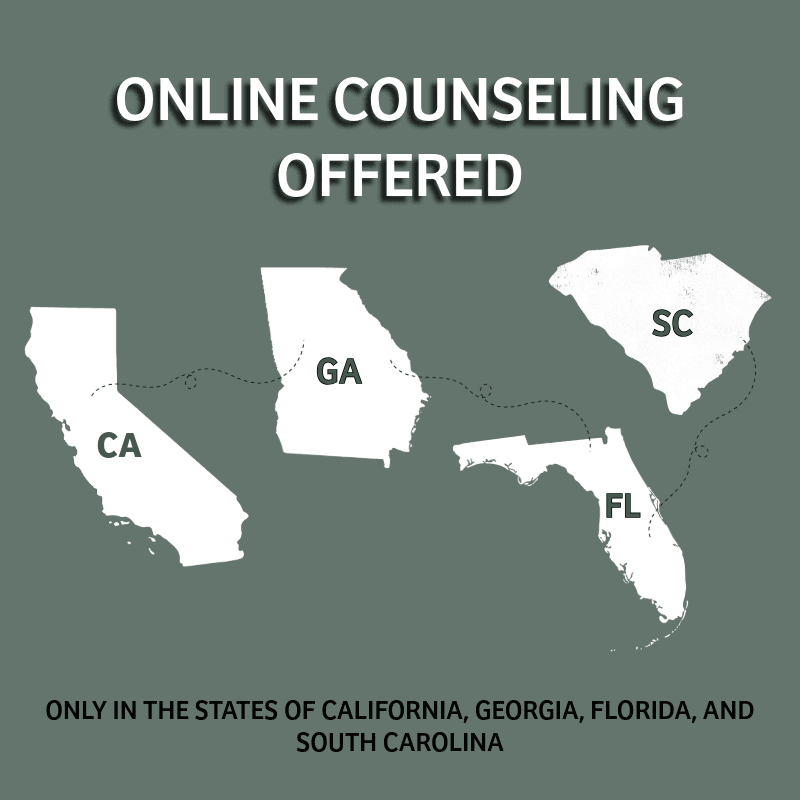TOPIC: Postpartum Hormones Explained: What’s Happening to Your Mind and Body After Birth
POST BY: Mikayla Minehart, Certified Perinatal Mental Health Therapist - CLICK HERE TO SEE HER BIO
WRITTEN: June 26, 2025
WILL BE REVIEWED: June 2028
If you’ve recently had a baby and find yourself crying more than usual, feeling overwhelmed, or wondering, “Why don’t I feel like myself?”, you are not alone, and you are not broken. The truth is your body and brain are going through massive changes. And at the heart of it all? Hormones.
As a therapist certified in perinatal mental health, I’ve worked with many women who are shocked by how much their mood, energy, and emotions shift after giving birth. Let’s talk about why this happens, what’s normal, and when it might be time to seek extra support.
The Hormonal Rollercoaster: What Happens After Birth
Pregnancy is a time of intense hormonal activity. Estrogen and progesterone, your primary reproductive hormones, surge to help your body support and grow a baby. But within hours after giving birth, those hormone levels drop dramatically, often faster than any other hormonal change in your life.
This sudden withdrawal is a big reason many new moms feel emotionally raw or “off” in the days and weeks following delivery.
Here’s a brief look at the main hormonal shifts:
- Estrogen and Progesterone Drop: These hormones stabilize your mood during pregnancy. When they plummet after birth, it can trigger mood swings, sadness, or anxiety, commonly referred to as the "baby blues."
- Prolactin Rises: This hormone supports milk production and can make you feel emotionally bonded to your baby. But it can also cause fatigue and emotional sensitivity.
- Oxytocin Surges: Known as the “love hormone,” oxytocin peaks during birth and breastfeeding. It promotes connection but can also heighten emotions.
- Cortisol Fluctuates: Cortisol, the stress hormone, can be unpredictable after birth, especially when you're sleep-deprived. This can make you feel wired, anxious, or irritable.
Baby Blues vs. Postpartum Mental Health Conditions
About 70–80% of new moms experience the baby blues, which typically show up a few days after birth and last for up to two weeks. You might feel teary, overwhelmed, or unusually irritable, but generally still able to function.
If these feelings persist beyond two weeks or begin to interfere with your ability to care for yourself or your baby, it may be something more, such as:
- Postpartum Depression (PPD): More than just sadness, PPD can involve irritability, numbness, hopelessness, or guilt.
- Postpartum Anxiety: Excessive worry, restlessness, racing thoughts, or panic that doesn’t go away.
- Postpartum OCD or PTSD: Less common but can involve intrusive thoughts or flashbacks related to birth trauma.
These are real, treatable conditions, not a sign of weakness or failure. Hormonal changes can increase vulnerability, but therapy and other supports can make a huge difference.
How Therapy Helps During Hormonal Shifts
Working with a perinatal mental health therapist offers a safe space to understand what’s happening in your mind and body. Here’s how therapy can support you:
- Normalize the experience. You don’t have to question whether you’re “crazy” for feeling how you feel. A trained therapist can help you see the connection between your symptoms and your hormones.
- Process identity shifts. Hormones aren’t the only thing changing, so is your sense of self. Therapy gives you space to grieve, grow, and re-center.
- Learn coping skills. From regulating anxiety to setting boundaries with family, therapy provides practical tools for managing overwhelm.
- Support without judgment. Whether you’re breastfeeding or bottle-feeding, co-sleeping or not, a therapist holds space for you without any agenda.
When to Reach Out
If you’re experiencing any of the following symptoms longer than two weeks after birth, consider reaching out to a therapist:
- Frequent crying or emotional numbness
- Trouble sleeping even when baby sleeps
- Feeling disconnected from your baby
- Panic attacks or racing thoughts
- Thoughts of harm (to yourself or your baby)
You are not alone, and you do not have to navigate this by yourself. The right support can bring you back to yourself.
Final Thoughts
Your hormones are doing a lot after birth, so if you feel off, overwhelmed, or unlike yourself, it makes sense. This transition is real, and it’s valid. Give yourself grace, take things one moment at a time, and know that with the right support, things can get better.
You deserve to feel supported, understood, and well, not just as a mother, but as a whole person.
Ready to Take the Next Step?
At JCACounseling, every step is met with empathy, understanding, and compassionate, personalized support for individuals and families facing life’s challenges. Begin the journey toward healing and growth through Healing Through Connection—call to speak with a therapist today or schedule a consultation.
📞 Call 404-834-2363 or visit https://calendly.com/jcacounseling to schedule a consultation.





